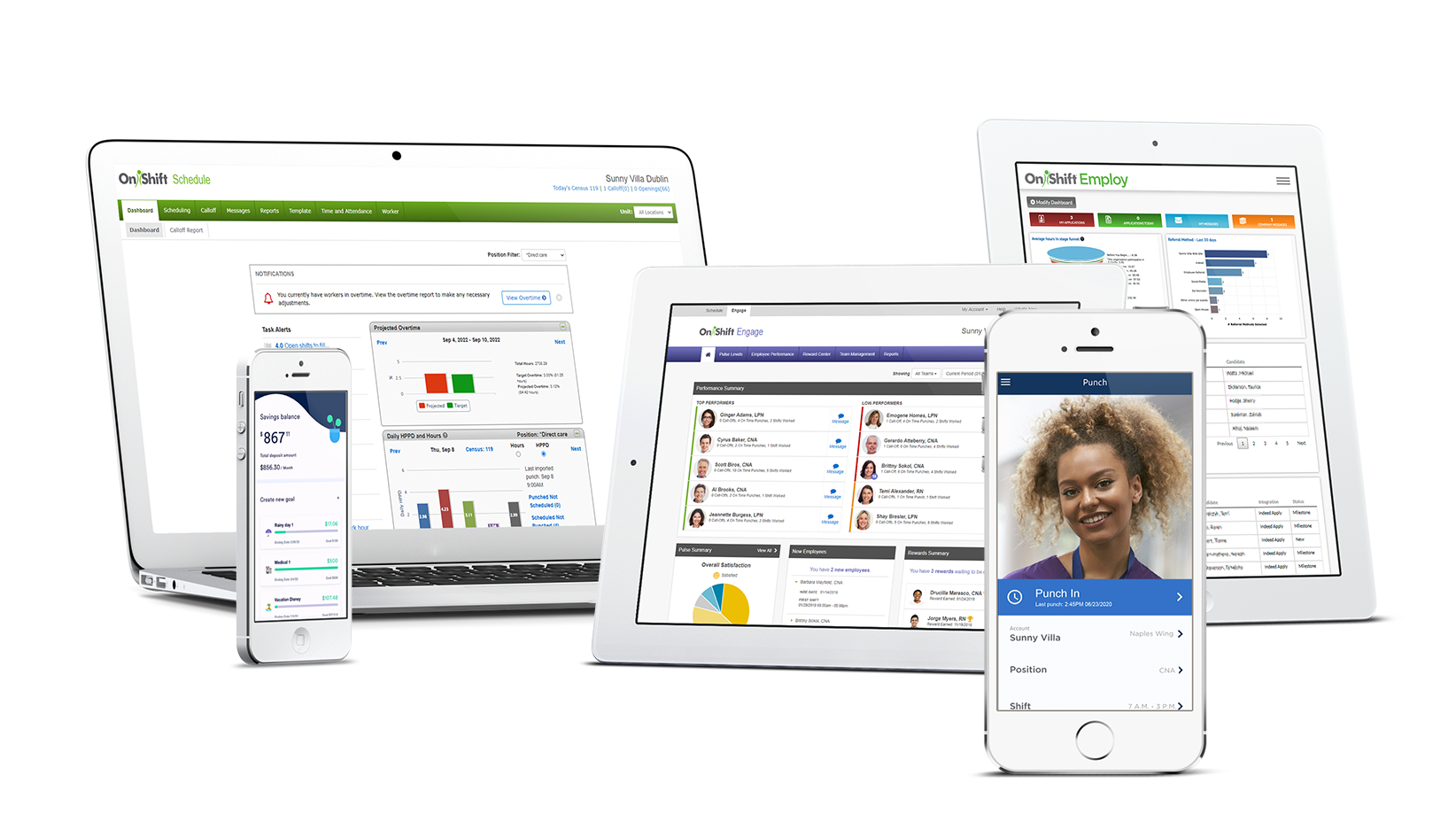August 12, 2015 | Irene Fleshner
August 12, 2015 | Irene Fleshner
I recently attended the Long Term and Post-Acute Care Health IT Summit (LTPAC/HIT) in Baltimore. The primary focus of the conference was on electronic medical records, thus the usual array of vendors were mingling with the attendees, who were primarily provider-based IT professionals.
As I participated in the conference, I began to think about other technologies beyond EMR that are needed to support the delivery of care and services in LTPAC. Basic “back office” technologies such as billing and accounting systems have been available and in use for a long time. These systems are necessary to support the operations of LTPAC facilities and communities and have long been the purview of administrators and operators. Until recently, “clinical systems” have been few and far between--and the systems we had were government mandated MDS-based systems.
However, in addition to EMR, we now have a variety of new patient-/resident-focused technologies entering our sector. These include safety technologies, such as fall detectors and electronic call systems, health and wellness technologies to monitor medication compliance, and remote sensor monitoring of residents to monitor functional status, and lastly, social networking technologies for patient and resident connectivity with family and friends. Clinicians are heavily engaged in choosing and implementing many of these systems, as they are focused on patient and resident care and well-being.
Increasingly, technology is being used to manage labor or workforce in the form of staffing and scheduling systems. Often the main focus of these systems is on labor cost management. Cost is certainly not a trivial issue, as labor accounts for between 65-70% of an LTPAC operating budget. But it is precisely that costly “labor” who produce the quality outcomes that our organizations achieve. Quality outcomes are attained through having the right people, in the right positions, at the right time to provide the right care. So I wonder, are these staffing and scheduling systems considered clinical or administrative? Well, I believe they’re both. Assuring that I have the right number and skill level of staff to provide care is my responsibility as a nurse leader, so I do have a significant role to play in choosing and deploying automated scheduling systems.
Now that I understand my position, I started wondering what my colleagues think. I decided to talk with LTPAC nurse leaders from across the country about their role in the choosing, configuring and implementing automated scheduling systems in their organizations. Not surprisingly, I learned that their involvement varies greatly. Some mentioned that they are deeply involved and play a significant role, while others said operations and finance control the entire process. But one finding is consistent: the nurse leaders I talked with all thought that staffing and scheduling is one of the most important processes in their facilities/communities and is a major determinant of quality of care.
So why aren’t nurse leaders more active in this arena? I think part of the answer is the custom and culture of LTC. Historically, budgets and labor spend have been the responsibility of the administrators and operators. But with a new understanding of the relationship between staffing and quality of care, it may be time to break down silos and develop a more inclusive process. By working together as a team, clinical and operational leaders can achieve both high quality care and positive financial results.
Learn more by downloading our whitepaper:
Subscribe to the OnShift Blog
Recent Posts
Categories
About Irene Fleshner
Irene Fleshner, RN, MHA, FACHE, serves as a Principal for Reno Davis & Associates and the Senior Vice President for Strategic Nursing Initiatives for Genesis HealthCare.
See for yourself why thousands of providers rely on OnShift’s innovative software for recruitment, hiring, workforce management, pay and engagement. Request your personalized demo today.
